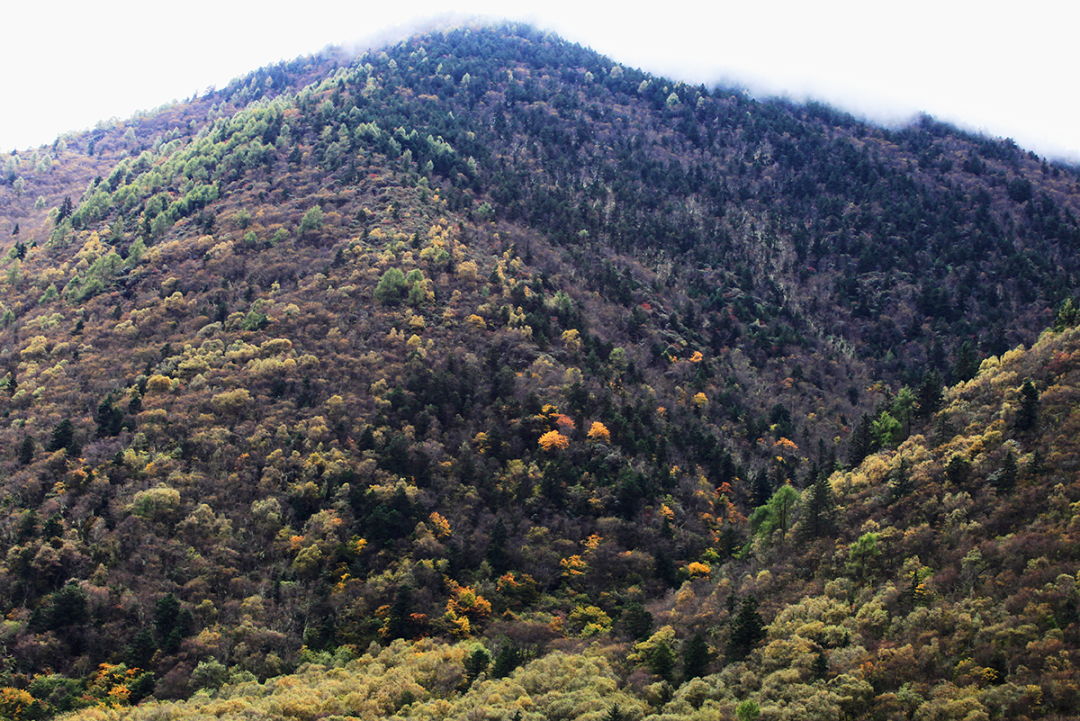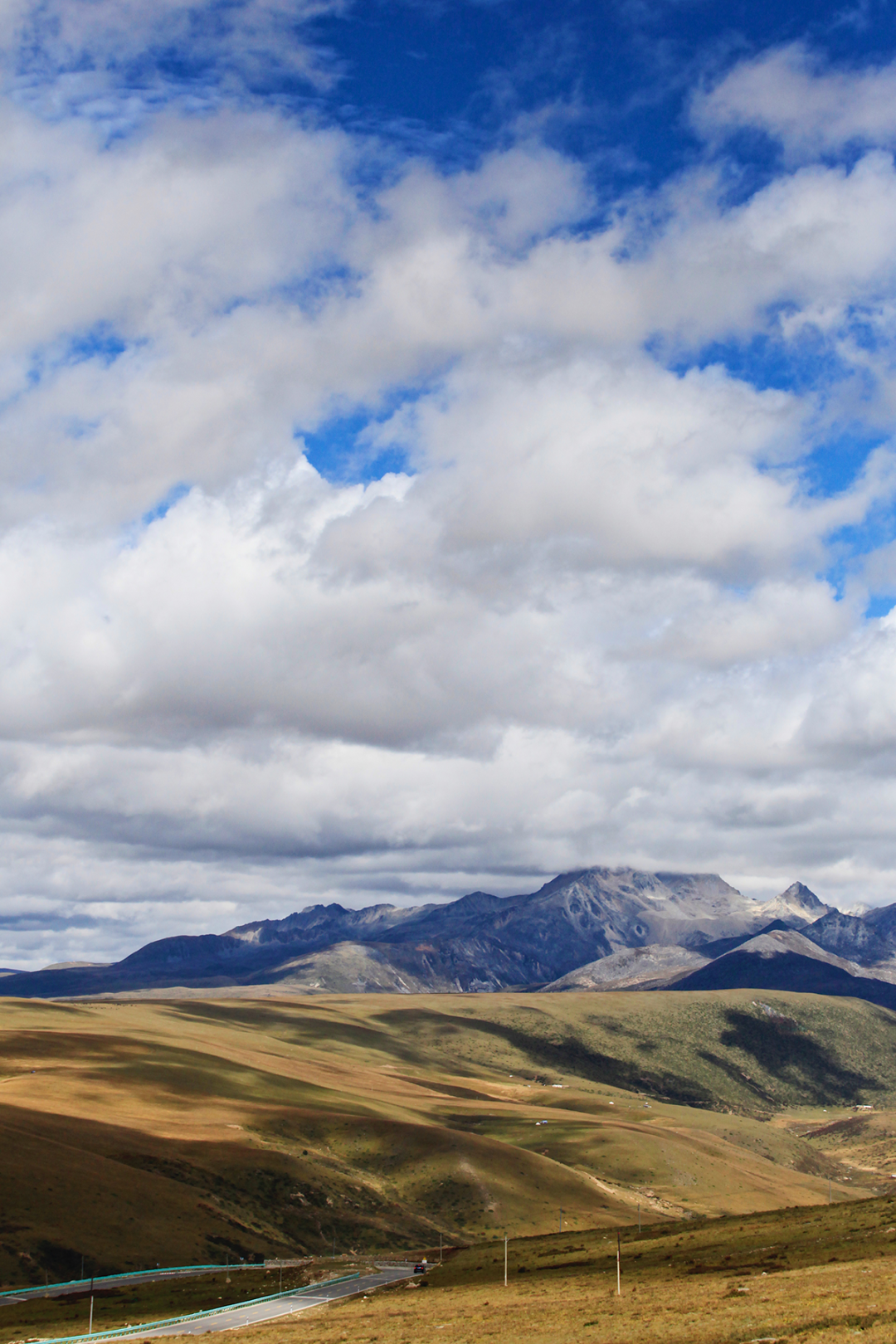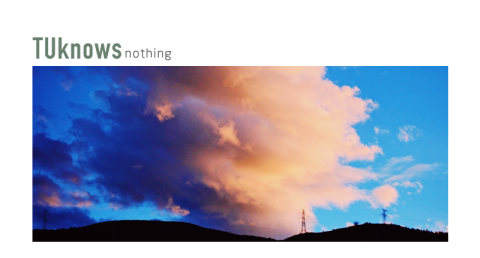
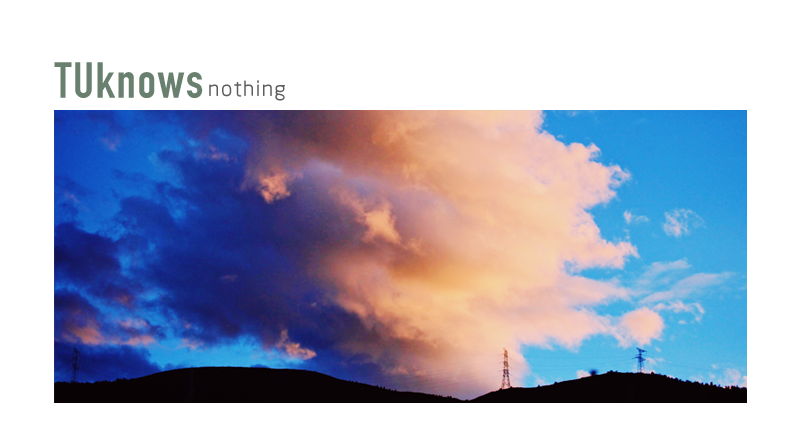
Before we left Muya Temple and returned to the national highway, the gift brought by the heavy rain appeared behind us. A huge rainbow appeared in the sky. Regardless of whether the rainbow portends something or not, I took it as a good sign. At least it was a rare sight, so I felt happy.
Baozi, who I met by chance at the hotel the night before, even sent a special message saying, Zhizhi, there is a rainbow, have you seen it? I thought they were on their way to Seda at this time, so I looked back. I said, I saw it, and now I stand at the foot of the rainbow.







■ Muya Temple
In the Western Sichuan Plateau, where plain landscapes are scarce, grasslands are a dazzling presence. After the car left the mountainous area, the towering peaks disappeared instantly and were replaced by flat and wide grasslands and winding roads. On the map, this is just a small and inconspicuous area in western Sichuan. You can still see mountains on the distant horizon, but the openness you can feel with the naked eye is enough to calm your obsession with the grassland scenery.
Ah Hao, who has been to Inner Mongolia many times, kept telling me that the so-called "authentic grassland" in his imagination is indeed like this.


Tagong Grassland therefore gained a very high reputation and expectations. There was a long queue of cars going to the scenic spot a few kilometers away. We were stuck on the highway. Ah Hao looked forward at the long queue of cars and suggested that if I didn’t have any special expectations for Tagong Grassland, why not turn back a few kilometers and go there? Visiting a local temple he stumbled upon.
I don’t like crowded scenic spots, so when I heard his suggestion, I quickly raised my hands in agreement. So the car turned 180 degrees on the road, and our destination changed to the unknown Muya Temple a few kilometers behind us.
The map's accuracy in marking roads in mountainous areas was very different from what I expected. There were actually many place names related to "Muya" around here, but I couldn't determine where I was going. But it doesn’t matter. If I go there again, I can still find the entrance of this path along the national highway, even though it is quite narrow, and the intersection is still full of local people selling horseback riding services to tourists.
There is only one road leading to the village, which is long and bumpy. This is obviously not built for large amounts of incoming and outgoing traffic. If you encounter the wrong car, both parties must be careful to pass smoothly.
Religious-related buildings began to appear after entering the village. A huge red-walled courtyard was hidden on the roadside of the village. A plaque with Chinese characters hanging unexpectedly at the door read "Sutra Debate Field". Because the movements are dramatic and seldom seen by non-religious people, "debating scriptures" has become a cultural spectacle that tourists look forward to seeing when visiting religious sites in Tibetan areas. It's just that this debate room is obviously resting, and the courtyard walls are empty. Not only that, the entire village was deserted and quiet.
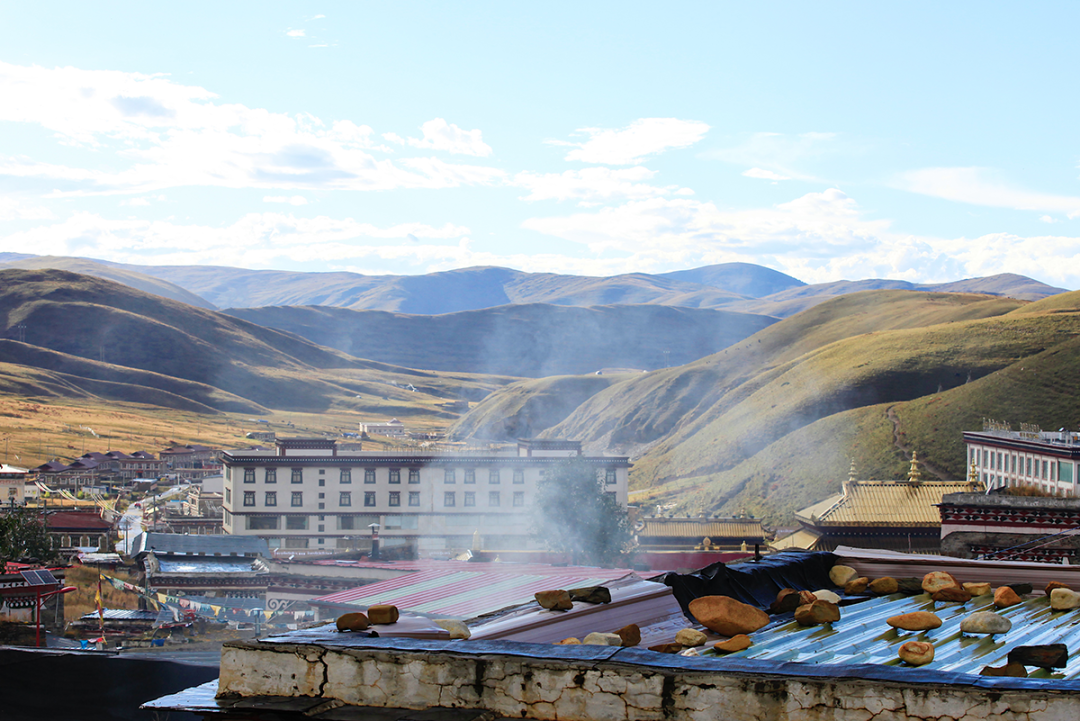


Across the village, there is a residential area hidden in the back village that looks like a smaller version of Seda. It also has saffron exterior walls and compact row houses, as if they have been squeezed. After a turn, the only road leads to the top of the mountain. There are meadows on both sides, and the cascading peaks further away can only be seen vaguely. There is a building standing on the top of the hill in front of me. It is not tall, but magnificent. It is an artificial building grown in a pure natural place and is full of sacred meaning. It overlooks the surrounding villages and everything. I know that this is it. , the hidden divine realm.
It started to rain in the distance, and the clouds were overwhelming, with the potential of heavy rain and thunder. The gray clouds lowered the height of the sky, giving us the illusion that we were about to touch the sky as we drove to the top of the mountain. I felt uneasy inside, not knowing what this place was, hidden deep in the village and on top of the surrounding hills, and whether we, as outsiders, could get close to it. And the sudden rainfall makes people think more about it. When encountering such weather at this time, it feels like God wants to use clouds and wind to tell you an extremely hidden secret. Although I think about it without looking at the environment at that time, it's just that the weather in the mountainous area is changeable. It's just that the rain happened to be so coincidental that it poured down when we drove the car into the courtyard.

We had no choice but to hide under the eaves of the huge building facing us. The altitude meter showed that the altitude here was over 4,000 meters. Even turning around to take a closer look at the building was forced to be slow. Two locals wearing Tibetan robes walked past us, turning a blind eye to the presence of strangers. I couldn't help but ask, and then I found out that this place was a Wu Ming Buddhist Academy.
Speaking of Wuming Buddhist College, people may only think of Seda, but in fact, in areas that believe in Tibetan Buddhism, "Wuming Buddhist College" is the collective name for colleges that practice Buddhism. Wuming refers to "statement, work skillfully and clearly" , Medical Prescription Ming, Talisman Ming Ming, and Inner Ming Ming are named after a common realm pursuit in Buddhism, rather than referring to a specific place.
Although it does not refer to a specific place, Wuming Buddhist College is still rare and solemn. The emergence of a Buddhist academy here represents its incredible status in Tibetan areas. Looking carefully at the courtyard, the open lawn is divided into two along the spacious road in the middle. The main hall where we are is lined with three towering buildings, regular, simple and solemn. Behind there is a door open deep in the high steps, and the darkness inside the door is unfathomable.
In any situation with a strong religious atmosphere, I would be tied up and act in fear of offending other people's devout beliefs. But Ah Hao and I have actually traveled to many similar places, intentionally or unintentionally, such as Jerusalem and Lourdes. People without faith have their feet on "other people's holy land", neither standing nor sitting. They are worried that if they violate secret taboos, they will be disliked by others and will be punished by God. It’s just that I can’t explain it, but these places have always had a strong attraction for me, so I went there regardless of my nerves.
Due to this strong sense of awe in my heart and the high reaction I no longer wanted to endure, we decided not to disturb the purity of the Buddhist academy any further. There are things travelers do and things they don't do, and there's also something we don't do when we visit places we don't have permission to visit in the name of curiosity. The car returned the same way, and the Tibetan in front of the door insisted on knocking on my car window despite the rain and asked "Do you want to ride a horse?" Secularity and faith are distinct states of life here that cannot be distinguished by strict boundaries. I find it interesting, after all, it is a state of life that I have never experienced before.

Ah Hao and I don't have any religious beliefs, so if you ask me what I believe in, I probably can't answer a specific god. Although the principles and beliefs in my heart are not systematic, cannot form a myth, and cannot convince others to believe in them together, they are good rules of conduct that I am constantly improving, thinking about, and reflecting on, and they can give me peace of mind. . Religion as I understand it is a more powerful principle that can give more comfort to more people. However, even a Buddhist scripture can be understood at different levels of meaning. Therefore, the need for a Buddhist academy also depends on your willingness to put it into practice. Where to understand. If you worship it so high that it cannot be offended, that means it cannot be offended. If you think it is daily fuel, rice, oil and salt, then it is daily fuel, rice, oil and salt.

As we passed through the village, we stopped in front of a building to take pictures. From the outside, it looks more like a Japanese Buddhist temple due to some navy blue decorations hanging under the porch, as well as the original wooden columns and white walls. Unable to restrain my curiosity about the purpose of the building, I asked the locals who were resting in front of a row of prayer wheels next to me.
"Excuse me, what is that house for?" The young man was wearing gray-blue coarse cloth with dust on his body. He was probably a worker under construction in the courtyard wall surrounded by prayer wheels behind him. When I showed up, he was sitting under a low gray wall, watching the live broadcast on his mobile phone.
"Which one?" He looked away from the phone screen, looked at the direction of my finger, and answered me in very fluent Mandarin, "Oh, that one, that one is our classroom."
"classroom?"
"Yes, classroom, lectures."
"Ah...then, what are those words written on the stone?" I continued to ask my question more and more, "It's the kind that is so big, gray and black, with words written in different colors on it. ." I gestured to him as I spoke, hoping he would understand.
"Oh, that's the Mani Stone."
Although I can write these three words, the Tibetan transliteration still creates a thick barrier between my understanding and its actual meaning.
"There's a lot more in there." He suddenly stood up and greeted me. There was a small aisle next to the golden prayer wheels, and he pointed there.
"I am a Han citizen, can I enter?" I was afraid of offending the Tibetans and Tibetan religion, and then suffering the punishment of the gods for disrespecting the disrespectful people.
"Yes." He greeted me.
I called Ah Hao and followed him into the aisle. What is being repaired inside is a platform made of Mani stone. All the walls and even the steps are made of gray and black stone slabs. Engraved on it are the "Six-Character Mantra" or other patterns that symbolize religious significance. In the eyes of Tibetans, the words carved on the stone can be regarded as firm perseverance to express their piety and faith, and their wishes for blessings and offerings are all expressed through this stone slab. Over thousands of years, stone slab carving has also formed different artistic schools. In the mountains of Tibetan areas, you can often see scriptures carved on the mountains. Because the shape is too huge, people are in awe (and the carvings on it are awe-inspiring. way of curiosity).
The staff just let us visit here as we pleased, and climbed the Mani stone steps to the second-floor platform. The surrounding stone slabs are placed like ordinary building materials, and their sacred value is lost in the lime and packed plastic ropes on the ground. Coming out of this maze of stacked Mani stones, we met locals who were walking in circles around the temple. Among these people, there are local residents, monks, men and women, young people and old people. From the clothes to the temperament, we couldn't fit in, but we got their invitation. In fact, it was just a look or a gesture, but we could understand that it was enthusiasm and friendliness.
I joined the circle walk and walked along the outer wall of the lecture hall. In Tibetan Buddhism, walking clockwise around temples, sacred mountains, white pagodas, lakes and other religious objects that are imbued with lofty meanings and souls can eliminate disasters for the rest of your life. It is a simple prayer and wish. You can probably hear the sound of them silently chanting sutras while walking, and you can also see the light in their eyes. This matter is by no means "a boring routine for them every day", but a homework they are happy to complete.

Although the pace is not slow, he is still passed by locals from behind. A large part of the courtyard at the four corners was under renovation, and the environment was not that satisfactory, but they didn't care. A stooped old woman appeared in front of us. She was wearing a Tibetan robe like a lama's. She had gray hair. Her body was almost bent at 90 degrees. She walked slowly and moved alone on this path of prayer. pace.
"She spent every day of her life like this." I suddenly thought, how powerful is the inner support of a life that can see the end at a glance?
I'm afraid I'll never understand.

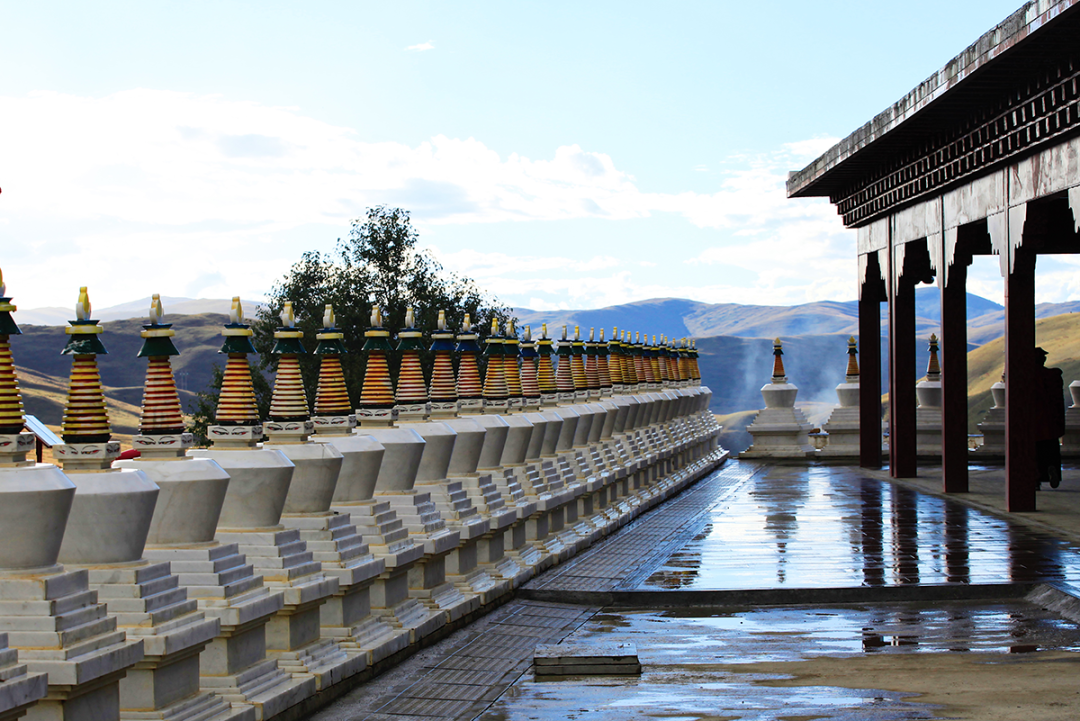
■ Xinduqiao
Before we left Muya Temple and returned to the national highway, the gift brought by the heavy rain appeared behind us. A huge rainbow appeared in the sky. Regardless of whether the rainbow portends something or not, I took it as a good sign. At least it was a rare sight, so I felt happy.
Baozi, who I met by chance at the hotel the night before, even sent a special message saying, Zhizhi, there is a rainbow, have you seen it? I thought they were on their way to Seda at this time, so I looked back. I said, I saw it, I was at the foot of the rainbow.

Returning the way we came, we passed through Tagong Town, which was still crowded with tourists, and about half an hour's drive later, we arrived at Xinduqiao. Xinduqiao is a quite magical town on the Sichuan-Tibet Line. It is a place where any self-driving passengers entering Tibet via 318 will stop for supplies. In ancient times, this was an important pass station. And it also has profound humanities and amazing natural scenery. There are a long row of observation decks for shooting on the map. It is a photography holy place in the hearts of old masters.

I originally thought that the transportation fortress that has been developed on the Sichuan-Tibet line for so many years would be a place as developed as a second-tier city anyway. It would at least have chain fast food restaurants and large supermarkets. I was even prepared to eat KFC tonight, but This is obviously wishful thinking. There are two main streets. The one we entered the city on was so ordinary on both sides that I questioned, had we already reached Xinduqiao?
The accommodations and restaurants on both sides of the road are either good or not bad. Most of them have very impressive facades and loud names. But if you have a little life experience, you can tell at a glance that they have nothing to do with class, hygiene, or elegance. Up there. This made me understand the terrible sobriety and self-awareness of Xinduqiao people. They understand that although this is an unavoidable important town on the Sichuan-Tibet line, all the excitement and prosperity are brought by passers-by. Brought by someone who was leaving after one night.

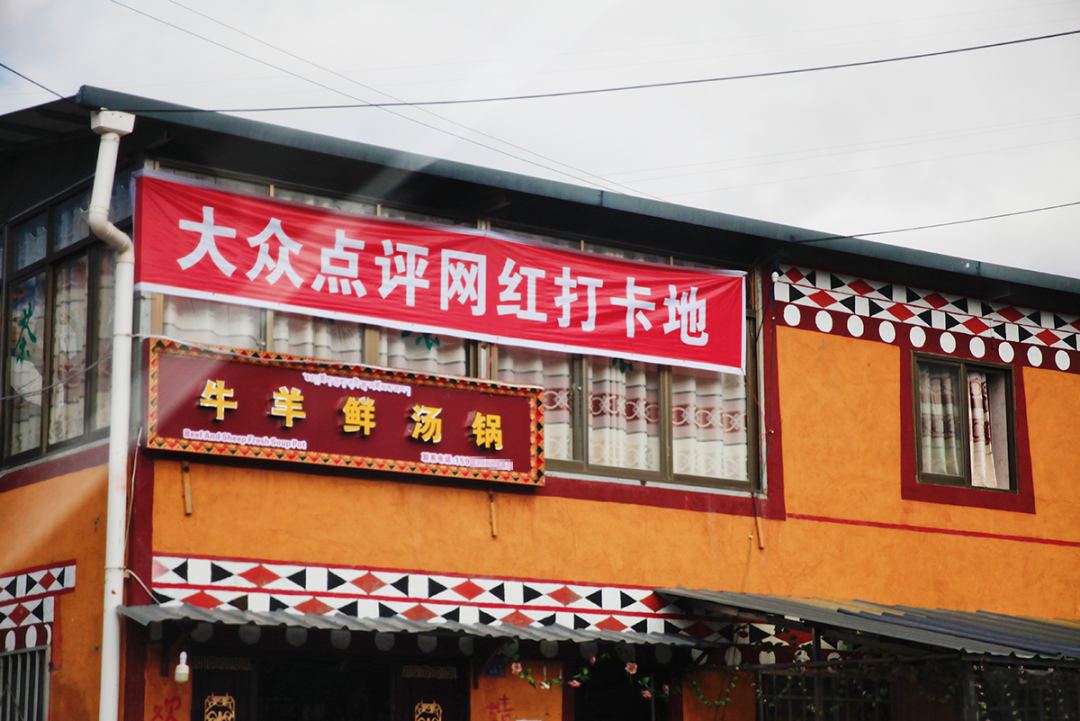
Therefore, Xinduqiao is a pragmatic place. Every hotel, regardless of style or price, has a spacious parking lot in front of it. Tourists preparing to enter Tibet equip their trunks like small tanks. No one here will worry about the risk of theft of food and equipment that can be clearly seen through the car window. Everyone only brings the most basic daily necessities into the hotel. The front desk of the hotel may have a variety of attitudes, but they have one thing in common, that is, they can recognize the high-reflection guests at a glance and take the initiative to take them out of their hands. luggage. At this moment, you will feel that it doesn’t matter whether they greet you with a smile or not, they are already the most considerate people.
This hotel is close to National Highway 318. It was newly opened. The owner is a young man who has studied and worked in Chengdu. He knows how to use social networks to promote himself, and he also decorates the room to make it look like an Internet celebrity. What a LOFT terrace, what a swing. But Xinduqiao's passers-by want to pay room fees in exchange for this, probably because of this, this store seems to be sparse in customers. The girl at the front desk was from Chongqing and recommended us to eat at the restaurant next door, saying that it was also owned by the same owner and that staying guests could get discounts. Ah Hao and I walked through the parking lot and saw almost the most depressed restaurant on the entire street.
The comparison is too harsh. The restaurant across the street was filled with singing and dancing, a huge bonfire was set up, and Douyin's most popular disco music was played, and the door was full of guests. We decided to walk along this street, take a look at Xinduqiao after dark, and then decide what kind of meal would be worthy of such a small town and night. Local young people on horseback kept passing by from behind, asking in Mandarin with a Tibetan accent if they wanted to ride a horse. The locals love horse riding business, which I have seen before on the grassland, but I didn’t expect to be able to do business in the town. I looked at the horse manure piles that appeared from time to time on the roadside, and kept smiling and waving no need.
A girl in Tibetan costume stood in front of the bonfire in the restaurant and danced to Douyin tunes. Ah Hao and I said that this was Xinduqiao’s nightlife and a type of nightclub. The barbecue ingredients are placed on the table facing the street. The iron plate is huge, which looks generous but not very hygienic. Cheap tables, chairs, benches and plastic-wrapped bowls and chopsticks. Busy local aunties ran from one side to the other with a menu. No one came forward to meet our request for a seat. Ah Hao’s frown was the same as here. Proportional to the altitude, it never stretches out. In the end, we chose a Sichuan restaurant on the first floor of an old hotel, which sells everything from hot pot to home-cooked dishes.
A Tibetan aunt was selling highland barley tea during the banquet. This was the first time I drank this kind of daily tea that can almost represent the diet of an ethnic group. I can’t say how it tastes. For those of us who have never tasted rhodiola rosea and went to the plateau, it was a relief. The high-reaction effect is not as pleasant as Coke. But I still paid a small amount of money to buy a small bag of the tea she was selling. Growing up, I knew very little about Tibetans. The few foods I knew about were presented to me, so I thought it was a portion that could at least guarantee the place of origin. An authentic souvenir.
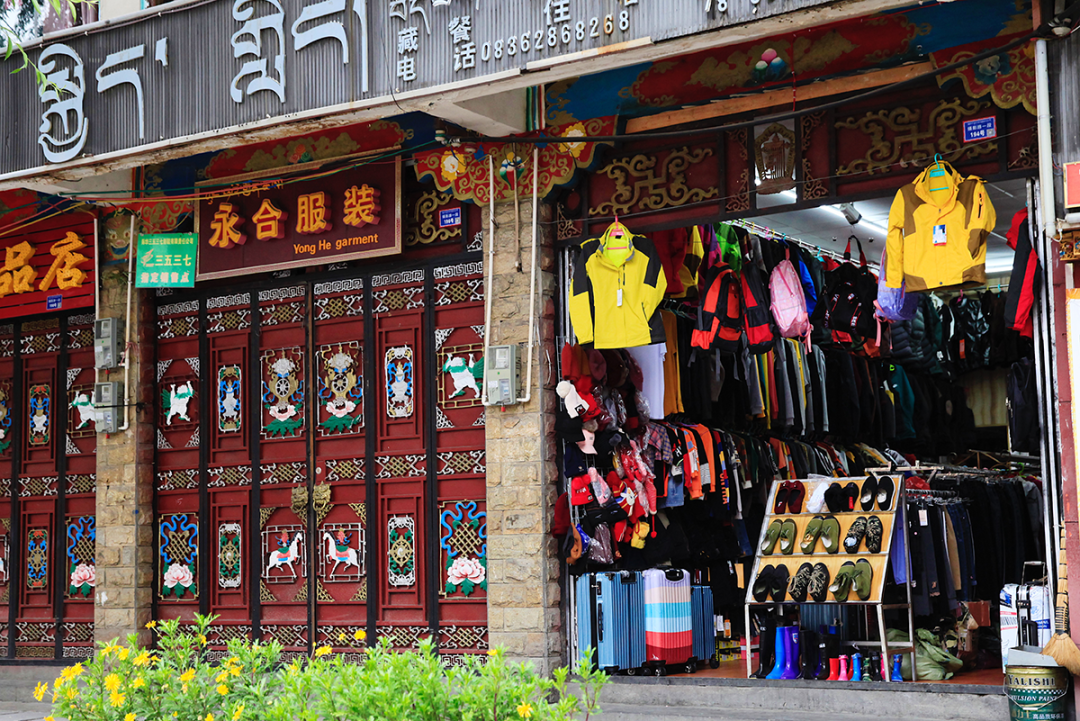
I quite like Xinduqiao. Everyone who comes here shows excitement that does not disappoint. Because what they see is the end of the journey. They have traveled on high speeds and national highways. They have not experienced too many bumps and fatigue, and they have not yet experienced the hard work of the journey. Every stop on the journey is full of exciting expectations. Ah Hao told me that when he went to Jiuzhaigou ten years ago, there were not so many roads and expressways in Sichuan. Many cars that wanted to enter Tibet had to experience the dangers of running alongside freight trucks, night roads, mountainous areas, landslides, and poor road conditions. and adventurer expectations. Nowadays, roads are spreading rapidly in the province and leading to surrounding areas. As long as you have an intermediate driving foundation and basic travel common sense, it has become difficult to obtain the satisfaction of an explorer through driving. Therefore, Xinduqiao has brought together more enthusiastic souls, and people come and go, but the enthusiasm for staying here will not change.
If I hadn't set foot on the road back to Chengdu tomorrow, maybe I could empathize with this enthusiasm at this moment. Even though I know the destination is still far away, so what.
"If I have the chance, I really want to live in Xinduqiao for some time." On the way back to the hotel, I said to Ah Hao.
"What do you like here?" he asked. In his impression, I only like clean big cities.
"It's so much fun here," I said honestly.
■Epilogue
The next day, we set off on the road back to Chengdu. First, we were squeezed together with the traffic entering Tibet, and it took nearly 40 minutes to move the car out of Xinduqiao Town. Then we turned back from the direction of Tagong Grassland, bypassing the inevitable Zheduo Mountain Pass, and headed north from Kangding Airport, passing by The national highway turns back to Kangding City, and then returns to Chengdu via the expressway, which takes a total of 7 hours.
This road was almost all mountainous and there were no scenic spots, but I was deeply impressed by the view of Zheduo Mountain from a distance, the plane passing through the mountains and landing at Kangding Airport, and the many wonders of the mist-shrouded mountains. This is one of the reasons why I like driving by myself. Although the photos taken through the car window cannot accurately locate a certain location, it doesn't matter.
We choose to travel not to confirm the location of the scenery. If you cannot be moved by the scenery, you will still be indifferent even if it is before your eyes.
To this day, I still miss the scenery I saw and the people I met in western Sichuan. If opportunities arise in the future, I will definitely travel here again.




